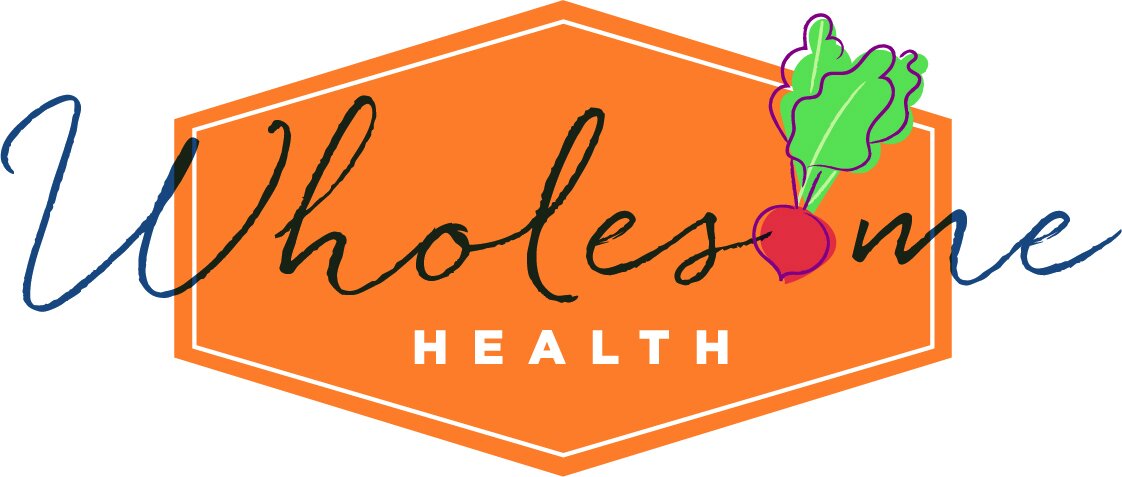How to Manage IBS
You may have heard of IBS, or you may have it yourself. IBS stands for Irritable Bowel Syndrome and it’s quite common. In today’s post, I’ll discuss what IBS is and how to manage it with diet and lifestyle changes.
What is IBS?
IBS affects the large intestine. The American College of Gastroenterology estimates that 10-15% of the American population suffers from IBS, though only 5% or 1 in 20 people have been diagnosed. It occurs almost twice as often in women as in men.
The cause is unknown, but recent research indicates there could be a connection between the gut and brain causing IBS symptoms. It is thought that a dysfunction in the connection between the two can contribute to gastrointestinal symptoms for some people. An imbalance of good and bad bacteria in the gut may also play a role.
Symptoms
IBS symptoms vary widely from person to person and tend to come and go. They are often triggered by stress or some foods. Common symptoms include:
Bloating
Gas
Stomach pain/cramping
Constipation and/or diarrhea
These symptoms can also be caused by other health conditions so often your doctor will want to rule out things like Celiac disease, SIBO (small intestinal bacterial overgrowth), or IBD (inflammatory bowel disease) first.
Management
IBS, unfortunately, has no cure, but it can be managed. There are some medications available, but it’s typically best to try diet and lifestyle modifications first.
Lifestyle
There seems to be a strong link between stress and IBS symptoms. Often a stressful event can trigger symptoms that last for days or even weeks. That being said, stress management is one of the most important techniques for preventing or reducing the severity of symptoms. Some things that may help reduce symptoms include:
Exercise - this can not only be a stress reducer, but it can also help improve constipation symptoms of IBS for some
Sleep - most adults need 7-9 hours of sleep per night
Meditation
Deep breathing - try belly breathing
Diet
There are certain foods that may be triggers for people with IBS. These triggers can vary from person to person so keeping a food and symptom log can help you pinpoint your triggers. Some common triggers include:
Carbonated drinks - bubbly water, soda, and beer
Coffee or other caffeinated drinks
Chewing gum - this can introduce extra gas in the digestive system
Sugar alcohols - xylitol, mannitol, and sorbitol (you’ll find these in a lot of sugar-free foods)
Certain vegetables - cauliflower, broccoli, Brussels sprouts
Beans and lentils
Gluten - be sure to come back for next week’s post all about gluten!
FODMAPs
For some people with IBS, reducing the intake of high-FODMAP foods may reduce symptoms. FODMAPs stands for:
Fermentable - the undigested fibers that produce gas in the gut
Oligosaccharides - wheat, rye, onion, garlic, and beans
Disaccharides - lactose (found in milk, yogurt, and soft cheeses)
Monosaccharides - fructose (honey, apples, and high fructose corn syrup)
Polyols - sorbitol and mannitol (found in some fruits and veggies, as well as artificial sweeteners)
A low FODMAP diet consists of a 4-6 week trial of reducing all high FODMAP foods (click here for the full list), followed by a slow reintroduction of foods one at a time to determine which are and are not tolerated. Ideally, you’ll come up with a list of trigger foods that you’ll stay away from, thus reducing your IBS symptoms.
Other tips for managing symptoms:
Avoid eating too quickly; take the time to chew your food well!
Avoid using a straw when drinking
Consider taking a probiotic supplement or increasing your intake of probiotic-containing foods, like kimchi, yogurt, kefir, or sauerkraut
Drink plenty of water, especially as you increase fiber intake or you may experience worsened gas, bloating, and constipation; it takes time for the body to adapt to a higher fiber diet!
Increase your intake of soluble fiber - oats, peas, apples, barley, and psyllium
Medication
If your IBS symptoms don’t improve with diet and lifestyle changes, talk with your doctor about medications that may be available for you. Fiber supplements or laxatives are something you also can try depending on your symptoms.
Though IBS can be challenging to manage, it is possible. Hopefully some of the tips in this post have given you some ideas for reducing your symptoms and improving your quality of life!
